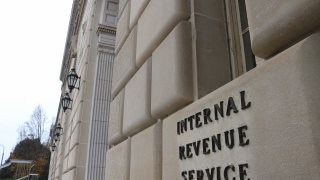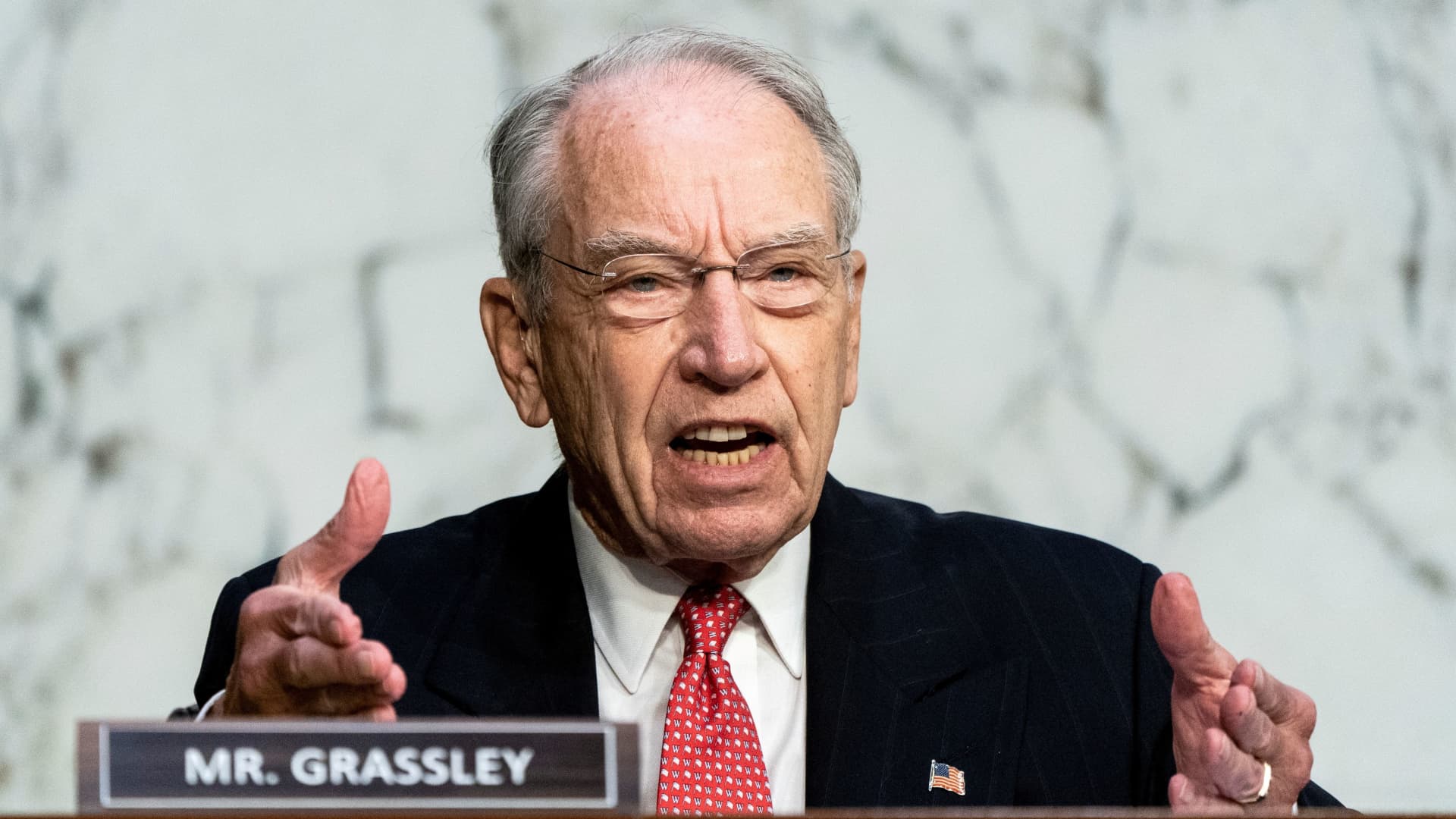
- The Paycheck Protection Program was a lifeline for small businesses hobbled by the coronavirus. Generally, these loans are forgivable if at least 60% of the proceeds are applied toward payroll costs.
- The IRS has said that while the forgiveness is tax-free, business owners can’t deduct expenses that were covered by the loan. Lawmakers on both sides of the aisle disagreed with this.
- New guidance from the IRS and Treasury now says that if a business “reasonably believes” the loan will be forgiven in the future, costs related to the loan are not deductible.
Entrepreneurs who took a forgivable loan this year can't write off certain expenses on their taxes if they expect the debt will be forgiven, according to the IRS and Treasury Department.
The two agencies issued guidance Wednesday on the Paycheck Protection Program – an emergency line of funding for small businesses established by the CARES Act.
Generally, applicants are eligible for loan forgiveness if they use at least 60% of the proceeds on payroll costs. Businesses that fall short may be eligible for partial forgiveness.
Though the program generated plenty of interest – more than 5 million loans were approved, accounting for $525 billion – questions have lingered on whether small businesses would be allowed to claim deductions for costs covered by PPP funding.
The IRS and Treasury action seems to resolve the issue.
Money Report
Businesses that "reasonably believe" their loan will be forgiven in the future may not deduct those costs – whether they have filed for forgiveness or not, the agencies said.
The finding frustrated tax professionals, who are concerned that borrowers' income will seem higher on paper if they can't deduct expenses. In turn, their 2020 taxes will also be higher at a time when cash is scarce.
"These businesses got their PPP loan, spent the money and have nothing left, and they're effectively out of business or running significantly less of a business than they were nine months ago," said Adam Markowitz, enrolled agent and vice president of Howard L Markowitz PA CPA in Leesburg, Florida.
"Now they're getting a tax bill as if they were earning money all along," he said.
Tax-free forgiveness

Earlier this year, the IRS said that while forgiveness of the loan would be tax-free, borrowers would be unable to deduct their expenses.
Permitting both tax-free forgiveness and deductibility would be a double benefit, the agency concluded.
Lawmakers on both sides of the aisle disagreed with this and have proposed legislation that would permit the write-offs.
The Small Business Expense Protection Act of 2020 is backed by Sens. Chuck Grassley, R-Iowa; John Thune, R-S.D., and Ron Wyden, D-Oregon.
More from Smart Tax Planning:
Starting a side business? Master these tax tips first
This is the maximum you can save in your 401(k) plan in 2021
IRS oks this workaround for dodging the $10,000 SALT cap
Rep. Richard Neal, D-Mass., who's also chair of the House Ways & Means Committee also supports deductibility of forgiven expenses.
That suggests Congress may tackle the issue again in another Covid-19 relief bill. When that will happen is still uncertain, as lawmakers have spent most of the year fighting over the next round of aid.
"Thune and Neal don't agree on a lot of things, but the fact that they do agree on this is a good indicator that it will pass," said Ed Zollars, CPA and partner at Thomas, Zollars & Lynch in Phoenix and an instructor at Kaplan Financial Education.
No forgiveness? You may deduct
While the taxman won't permit applicants to take both forgiveness and a tax deduction, the IRS also said on Wednesday that entrepreneurs whose PPP loans aren't forgiven may be able to deduct their expenses.
"If it turns out your expectation was overly optimistic, there's a special rule that allows you to recover in that scenario," Zollars said.
In that case, filers can take the write-offs on their returns for 2020 or 2021.
Sums that aren't forgiven must be repaid. PPP loans have an interest rate of 1%. Generally, loans issued before June 5th mature in two years, while those issued after that date mature in five years.
Waiting might make sense
Even with this guidance from the IRS, there's still a chance that Congress could come up with the legislation to allow the deductibility of forgiven expenses.
Entrepreneurs who've taken PPP loans should prepare to go on extension when they file their 2020 tax returns next spring, Zollars said.
"Potentially, we get the deduction if Congress passes this," he said. "There's a reasonable chance we get relief, but there's no guarantee."






